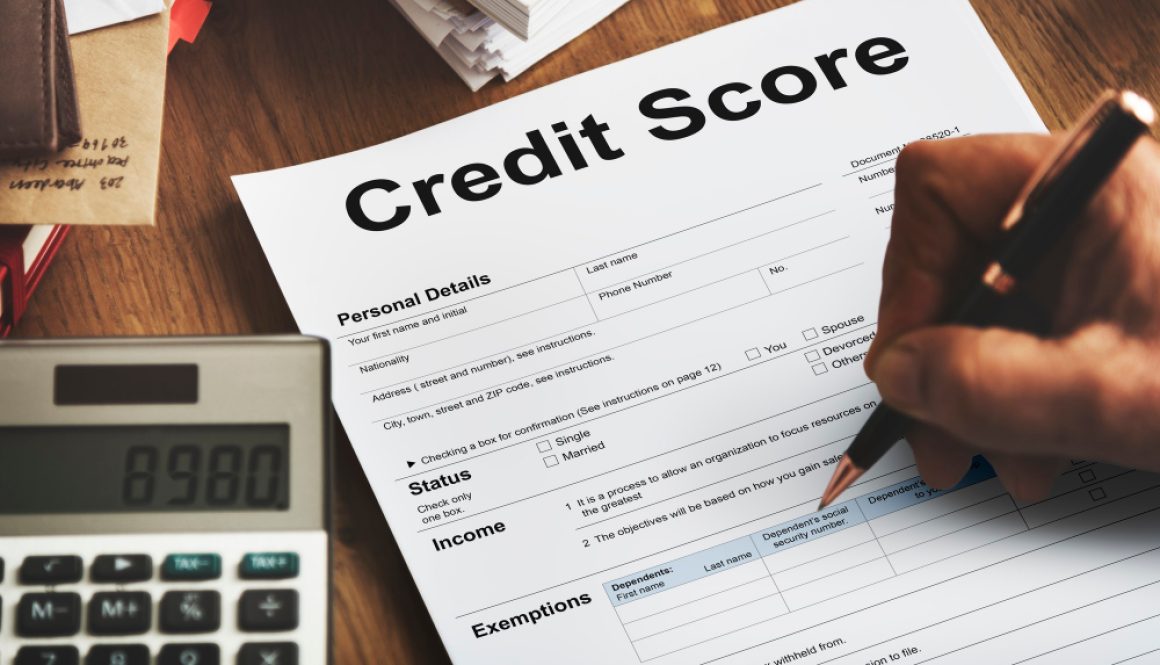Credit Report – What Is A Credit Score And How To Use It
Creditors and lenders maintain records of your payments, balances, credit limits, and other relevant data whenever you make a down
Creditors and lenders maintain records of your payments, balances, credit limits, and other relevant data whenever you make a down payment on a loan or credit card. Your credit, loans, and payments may be reported to a credit bureau by the aforementioned organizations and others. Each credit reporting agency will compile the details of your credit, loans, and payments into a single report on you. People in the United States may get their credit reports from the credit reporting agencies. Credit reports might be different since some corporations don’t report to all three bureaus.
A credit report is a detailed summary of your financial history. Some of the information that could be seen in a credit report is:
- Creditors and loan providers you’ve worked with in the past, listed;
- Total amount borrowed across all credit accounts;
- Payment history including timely payments and total amount paid across all credit accounts;
- Negative debts and payments that are late or missing.
Additional information that may be found in credit report documents:
- Information about the companies that have requested your report within a certain time frame
- Information about your present and previous addresses and places of employment
- Insolvencies and other financial evidence found in public records
You have the legal right to a free copy of your credit report once every 12 months from each of the three major credit reporting agencies. The Consumer Financial Protection Bureau has further details available on their website.
The Meaning Of “Credit Score”
Credit scores are numeric values deduced from your credit record that are meant to indicate how probable it is that you will be to make future bill payments on time.
Credit scores you get from various institutions will vary. This is due to a variety of factors:
- Credit scores may be determined in a variety of ways. Credit scores may vary depending on the specific algorithm used.
- Various companies may use various scales for generating scores.
- Many companies don’t report at all, and the ones that do could transmit their data at irregular intervals. Therefore, on any given day, there may be discrepancies between the credit activity recorded to one credit reporting firm and that reported to another.
Credit scores are used by businesses as a measurement of the likelihood that you will repay debts such as loans and services. Those with better credit histories could be more reliable debtors. Low credit score individuals could be riskier debtors.
Additional resources on credit scores are available on the website of the Consumer Financial Protection Bureau.
Why Aren’t Credit Scores A Part Of My Free Credit Assessment?
Credit scores and credit reports are two different things. A credit reporting agency will gather information from several sources to compile your credit report. To determine your credit score, a credit scoring system is used to the data included in your credit report. It’s possible that you have more than one credit score, depending on the agency that requested it and whether or not they developed their own scoring methodology.
You have the legal right to a free copy of your credit report once every 12 months from each of the three major credit reporting agencies in the United States. However, credit reporting agencies are not mandated to give out free credit scores by law.
Additional resources on credit scores are available on the website of the Consumer Financial Protection Bureau.
How Come My Credit Score Fluctuates?
Your credit report is the primary source of data used to generate your credit score. The amount you owe, the length of time you’ve owing it, the frequency and extent with which you skip or are late on payments, and the kind of your credit accounts are all variables. Depending on how things change, a score might go up or down.
Factors that influence your credit score and strategies for keeping it high may be found on the website of the Consumer Financial Protection Bureau.
Please visit the Federal Trade Commission’s website for further details on how to better manage your credit.
What Impact Does My Spouse’s Death Have On My Credit Score?
After the death of your spouse, your credit score should remain unchanged. You should get a copy of your credit file and study it to make sure there have been no changes.
Whom Should I Notify About The Death, And How?
A member of the family or an appropriate person, such as an executor, should write a letter of notification to one of the three credit reporting organizations upon the decedent’s death, requesting that the company amend the record to reflect the decedent’s death. The credit reporting agency will then notify the other two agencies so that they may make the necessary changes to their files.
The following details about the person who passed away should be included in the letter:
- Legal Name
- Social Security Number
- Birth Date
- Death Date
- Last Reported Address
- Copy of Death Certificate or Letters Testamentary
Details about the spouse or executor should be included in the letter as well.
The information required includes: full name and mailing address for sending confirmation letter.

